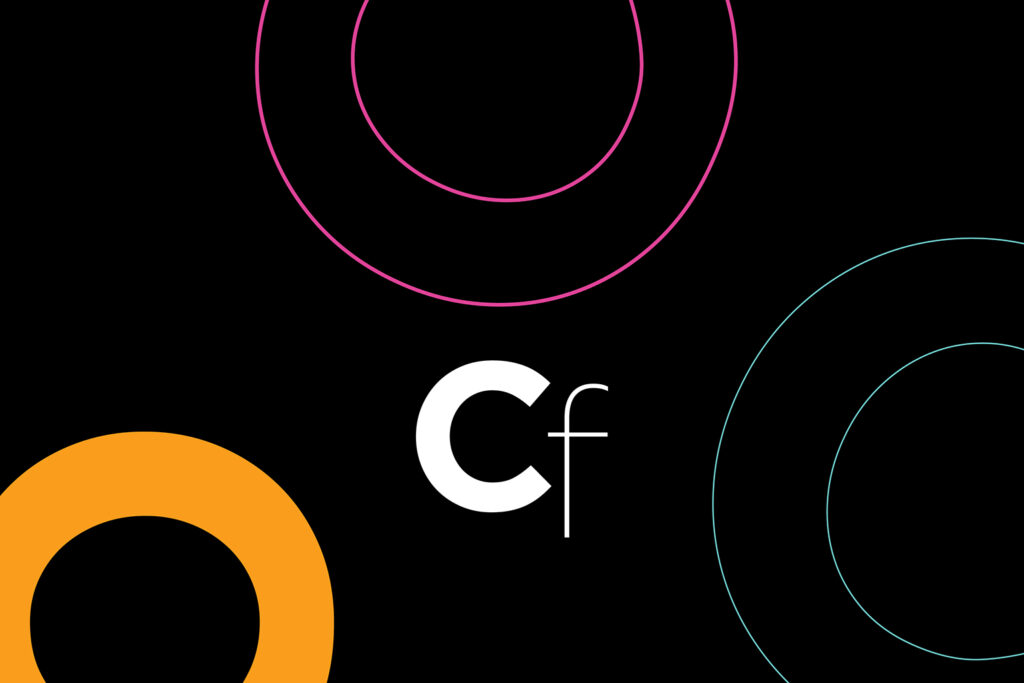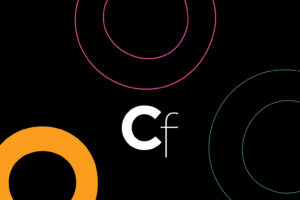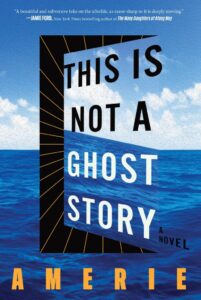‘Dissident-Right Art Hos’ US Pavilion Pitched for Venice Biennale by Far-Right Blogger Curtis Yarvin

While many countries have begun revealing their plans for their pavilions at the 2026 Venice Biennale, one nation notably has not: the United States. And while the application process for that pavilion has only just begun, we now know of at least one proposal that appears to have been informally floated.
That proposal comes not from a curator or even an institution, but from the far-right blogger Curtis Yarvin, who is “inspiring a new generation of MAGA,” per a Politico profile from last week. A few days earlier, the New Yorker published a profile of its own in which reporter Ava Kofman wrote that Yarvin had some ideas about the US Pavilion for the next Biennale.
According to Kofman, Yarvin pitched what he described as a “dissident-right art hos” pavilion to represent the US at the Biennale. Yarvin reportedly made his pitch to Darren Beattie, the Under Secretary for Public Diplomacy and Public Affairs, in April.
The phrase “dissident right” refers to a crowd that is avowedly anti-woke and is based in several locations across the nation, including Dimes Square, whose name has been used to describe both a small area in New York’s Chinatown neighborhood and a sensibility. “It has come to be associated with a certain attitude: boredom with performative outrage and disdain for overbearingly earnest didacticism,” wrote art critic Dean Kissick in Spike in 2022.
Based on the New Yorker profile, it isn’t clear which “art hos” Yarvin had in mind, or if Beattie was even receptive to Yarvin’s profile. But it is apparent that the US Pavilion has been experiencing some behind-the-scenes tumult that has coincided with the start of the second Trump administration.
As Nate Freeman previously reported in Vanity Fair, the portal to apply for the pavilion was opened much later than it had been in the past. The phraseology used in the application is also strikingly different than the one used for the last Biennale’s US Pavilion. Whereas the prior application included language about diversity, this one now notes that “programs must maintain a non-political character and should be representative of the diplomacy of American political, social, and cultural life.”
According to that portal, applications are open through July 30, with the winner of a $375,000 grant from the Bureau of Education and Cultural Affairs notified by September 1. That leaves less than a year to produce the pavilion, an unusually short period of time.
“I honestly think it might already be past the point of no return,” Kathleen Ash-Milby, a co-curator of Jeffrey Gibson’s US Pavilion at the 2024 Biennale, told Vanity Fair in May.




